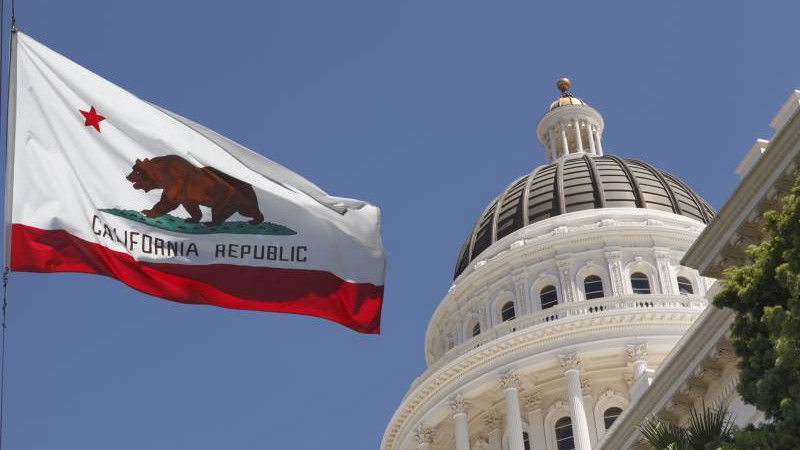Jamaica: Representative raises concerns over possible importation of casino workers

The Bill also seeks to establish a body to be known as the Casino Gaming Commission, which will have regulatory functions over how casino gaming is conducted. The commission will, among other things, be empowered to ensure that casino gaming is conducted fairly, legally and in a manner which protects children and other vulnerable persons.
But Wednesday Paulwell, who queried whether any of the three groups that have so far indicated an interest in establishing the facilities had disclosed the number of staff required, said the issue of employment in these entities needed to be addressed.
"I would hate for us to be issuing work permits to fill these positions. The point is quite critical because we are seeking the establishment of casinos as an important element of our job creation activities and it could very well be that we, on day one, aren't able to fulfil the requirements," Paulwell said. He further contended that it would "perhaps prove difficult for many Jamaicans to meet due diligence requirements" under the Act, as is.
The MP's discomfort came to the fore during an examination of clause 30 of the Bill, which deals with the employment of persons at certain levels and, in particular, the requirement for such persons to hold a personal licence. In addition, a penalty is applied for employing someone in contravention of this provision.
Furthermore, clause 31 sets out the procedure for applying for the licence. Powers are also granted to the commission set up by the Act, to refuse or grant a personal licence if it is satisfied that the applicant is a fit and proper person. Under the Act, persons in management positions, persons authorised to make decisions or persons who have responsibility for the movement of chips, the exchange of money and manning tables, are required to have a licence.
Paulwell said he was concerned, based on the range of the due diligence and the number of individuals who would be needed, how those persons for employment in casinos would be attracted outside of importing them.
In response to Paulwell, Derrick Peart, the executive director of the Betting Gaming and Lotteries Commission (BGLC), said it was imperative that Jamaica begins preparing.
He said that while staff at the BGLC had received international training, there was a sore need for a Jamaican-based entity to begin training workers as it would be too expensive to send persons overseas for training based on the numbers that would be needed to man casinos which are round-the-clokc operations.
Peart said that while the BGLC has been looking at getting its own gaming room technicians certified and has held joint sector workshops with international entities, it could not undertake the real effort that was needed. The BGLC executive director said local bodies have been approached to assist in offering training and preparation.
"It is something the Government will have to ensure we take on board, from early, to ensure we are employing Jamaicans. That means the training and licensing has to be in place," temporary Committee Chair Gregory Mair noted, upon hearing that it was unlikely that the developers would be the ones operating the casinos, since there is usually an agreement with an established casino operator who will undertake that aspect of the business.
In the meantime, concerns raised over the geographic exclusivity granted to the casino gaming licencees, which on Tuesday created a stir in the committee, are to be addressed by the Attorney General's chambers no later than next week.
At Tuesday's meeting, Paulwell had questioned the rationale for the exclusivity in relation to particular geographic locations.
Exclusive Geographical Area under the Act is a specified area within which the Commission cannot grant a Casino Gaming Licence to a person other than the approved developer or his nominee. The provision also has an exclusivity period, which is a specified period for which the Commission should not within the relevant exclusive geographical area grant a Casino Gaming Licence other than an approved developer.
Committee Chair Daryl Vaz, who at the time said the negotiations had started from the previous administration which had given certain commitments to ensure that the investments being sought were gained, said it constituted "a major issue".
Paulwell and colleague member Dr Omar Davies, however, pressed for a more decisive answer, noting that care had to be exercised in the granting of exclusivity to prevent making potential Jamaican investors fail because of unfair competition provisions in the Bill. They further demanded that the agreement between the former government and Harmonisation (the government company that oversees the Tavistock agreement) be traced.
"The AG's office must indicate to us whether there were binding commitments on the part of the previous administration to the exclusivity. And we need to know whether the intent of the joint venture was to grant that exclusivity," Paulwell said.
On Tuesday of this week, a two-week extension was given to the committee by the House of Representatives for it to complete its deliberations and submit its report by February 9.

















